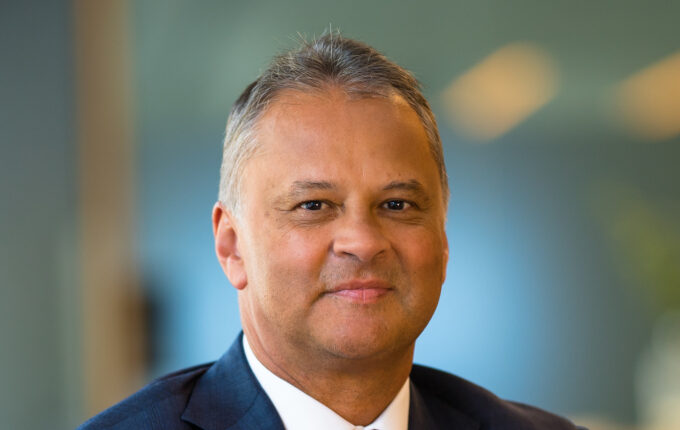In March 2018, the tiny island nation of the Marshall Islands passed a law that allowed it to issue its own currency for the very first time, having relied on the US dollar as its main currency since it gained independence in 1979.
But it wasn’t a traditional form of currency.
The Marshall Islands plans to issue a cryptocurrency called: the Sovereign. The government made the move in order to pay off debt, raise capital for investments, but also out of a sense of national pride to have its own currency.
If the Marshall Islands go ahead with the initiative then they would be the first country to recognise a cryptocurrency as its legal tender, but it isn’t the first government-backed issuance.
In February 2018, Venezuela became the first country to launch its own cryptocurrency when it launched the Petro, a cryptocurrency said to be backed by crude oil reserves.
Yet both initiatives have clear problems. It is uncertain whether the Marshall Islands will actually ever issue a coin, whether it will be a true legal tender or rather some crypto token such as bitcoin and how it will sort out the exchange rate with the US dollar.
Critics are even less positive about the Petro, which has already being declared a scam by various crypto rating sites.
Yet these digital coins, and the blockchain technology that backs them, have certainly sparked a discussion around the future of currencies and their impact on the wider economy, especially inflation. For example, for countries that are prone to high levels of inflation, perhaps even hyperinflation, cryptocurrencies might be able to provide a solution, whether it is a temporary one or not.
The Reserve Bank of Australia has been keeping a eye on developments in this space for many years and Head of Payments Policy Tony Richards will present the central bank’s views on these developments, explain why it is unlikely to see an electronic Australian dollar and what other technological developments might prove more functional, including the efforts being made with the New Payments Platform.
About the Speaker
Tony Richards is Head of Payments Policy at the Reserve Bank of Australia where he is responsible for the Bank’s analysis and advice to the Payments System Board on promoting competition and efficiency and controlling risk in the Australian payments system and for the Bank’s oversight of financial market infrastructures.
His previous roles at the Reserve Bank have included serving as Head of Economic Analysis, Head of Economic Research and Deputy Head of International Department. He has also worked at the International Monetary Fund in Washington on international capital markets issues, and on numerous countries including Korea, Russia and the Baltic countries.
Dr. Richards’ academic and policy research has been published in leading international economic and financial journals. He holds a Bachelor of Economics (Honours) from the University of Sydney, a Masters in Public Administration from Harvard University and a PhD. in Business Administration from the George Washington University.





